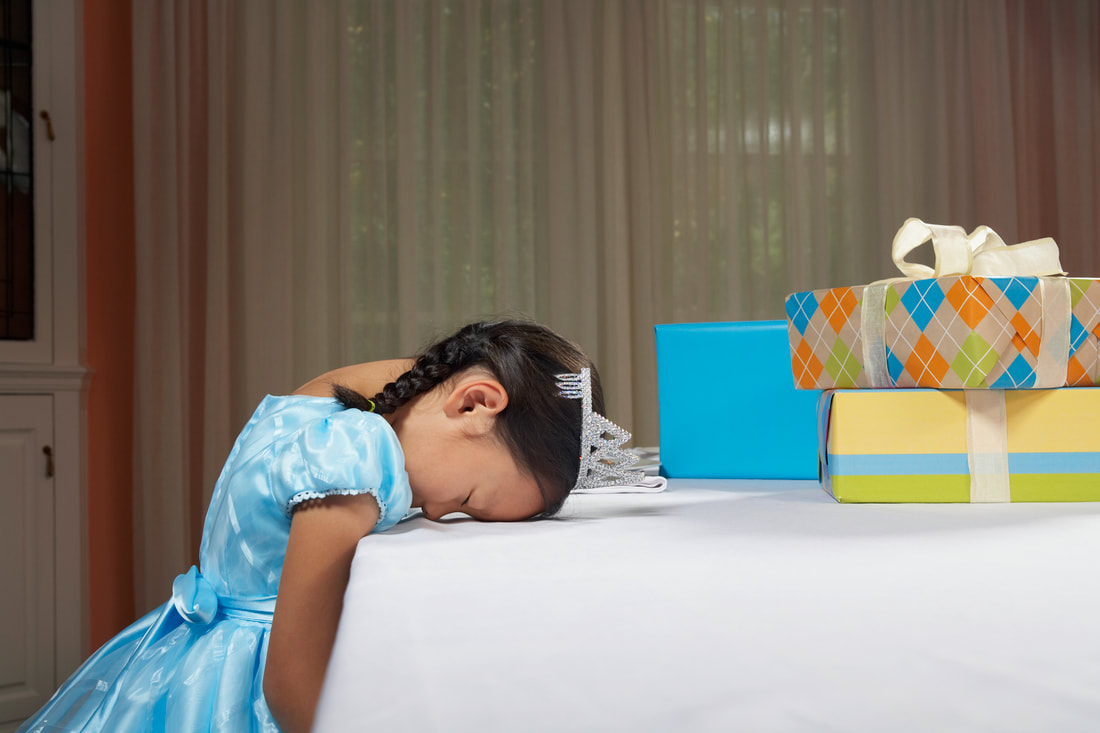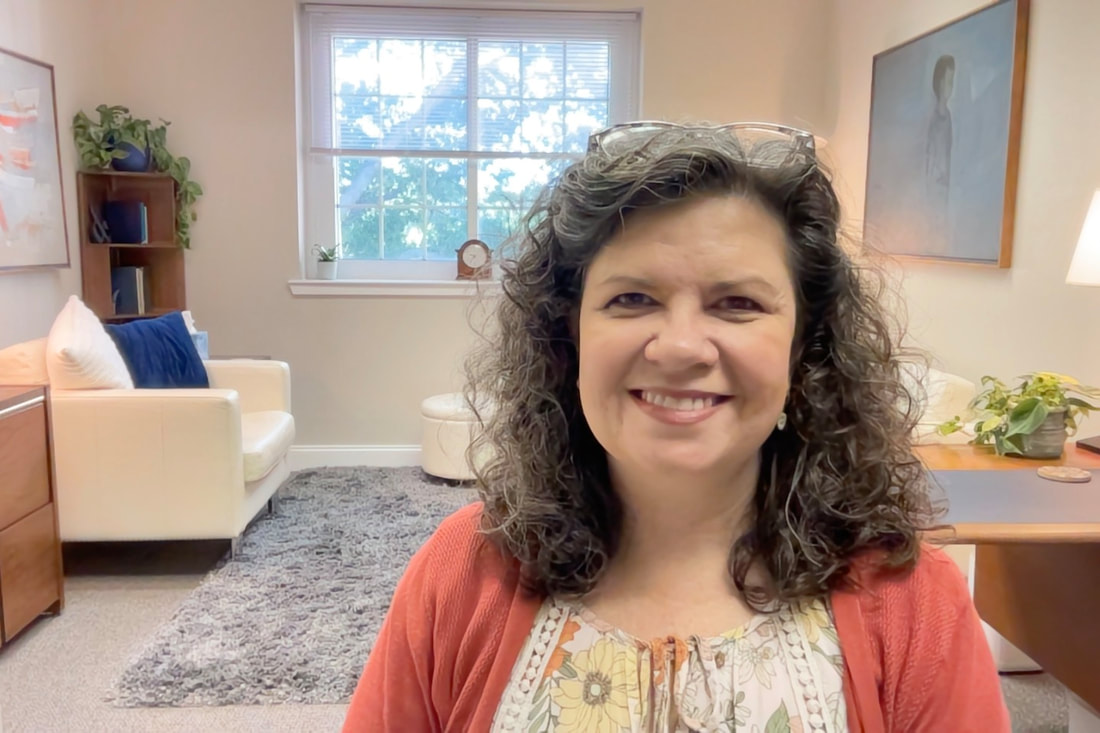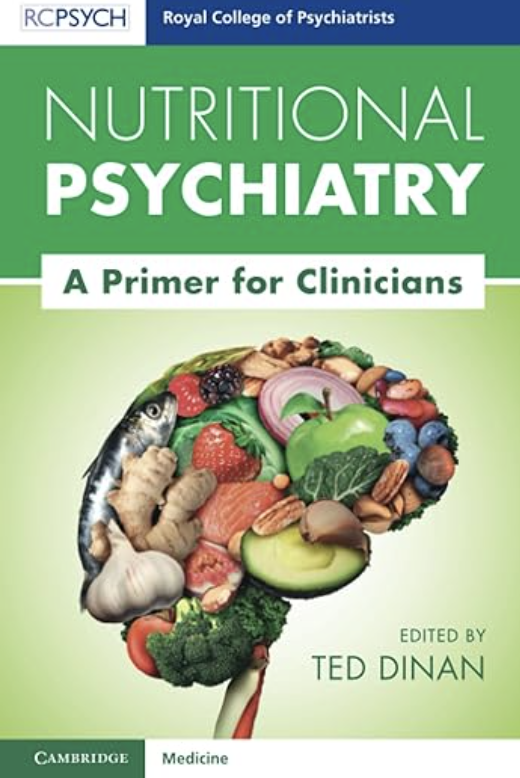|
I often say that the importance of sleep should be covered in Volume 1 of So You've Decided to go to Therapy. The link between sleep and mood has been seen over and over in research. People with insomnia are 10 times as likely to have clinical depression and 17 times as likely to have clinical anxiety as those who sleep normally. We have long known that sleep difficulties are symptomatic of depression, anxiety, and other mental health conditions. New research is revealing that the relationship between sleep and our physical and mental health is much more complex -- and malleable. For example, the more a person experiences difficulty sleeping and the more frequently they wake at night as a result, the higher the chances of developing depression even if they did not struggle with depression before. More research is being conducted on factors that contribute to difficulty falling and staying asleep, or to shifting nighttime routines. Many studies have explored the connection between screen time (i.e., blue light exposure) and sleep difficulties. The readily available connection to work, social connections, entertainment, and distraction that come from our computers and phones carries with it implications for our sleep and thereby our physical and mental health. Some clever IT professionals and start-ups have found a way to turn technology in our favor when it comes to sleep. Apps like Headspace and Calm have skyrocketed to the top of the Apple App and Google Play stores, due in no small part to their audio features that aid users in falling and staying asleep. If you find that you struggle with getting good quality sleep, consider these sleep hygiene recommendations from the National Sleep Foundation:
Think about (or discuss in therapy!) ways in which you can actively work to prioritize your sleep to help improve your physical and mental health.
|
About the AuthorClinical psychologist Dr. Kristy Novinski contributes insights, book and film reviews, discussions of pop culture, and exploration of news and research in the field of psychology. What I'm Reading
Categories
All
|
Las Colinas Psychological Services, PLLC |
© 2023 Las Colinas Psychological Services, PLLC. All rights reserved.
|


 RSS Feed
RSS Feed

